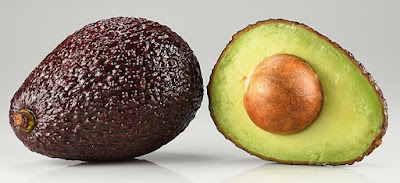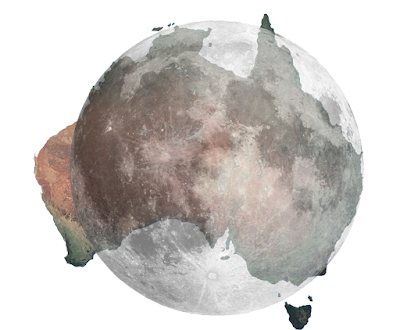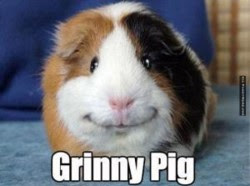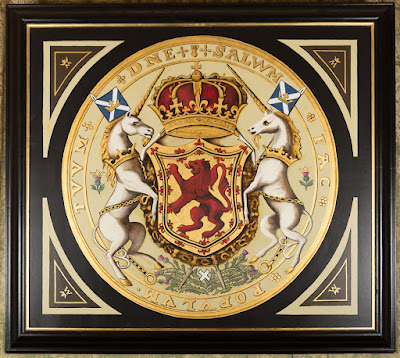---------oOo---------
Avocados are a fruit, not a vegetable. The fruit of the avocado tree is botanically a large berry containing a single large seed.
The name comes from a meeting of Californian farmers in 1915. The fruit had been increasing in popularity in the US and was being grown commercially. It was known by its original Mexican and South American name, ahuacate, which people in the US found hard to pronounce. Importantly too, it was the Aztec word for testicle, named for its shape and reputation as an aphrodisiac.
The farmers came up with a new name: avocado. They informed dictionary publishers of the change and that the plural was spelled "avocados," not "avocadoes". They named their own group the California Avocado Association.
The approach worked. Today, California accounts for nearly 90 percent of all avocados grown in the United States.
__________
Trypophobia refers to disgust or fear of a pattern of holes. Seeing clusters of holes in foods, flowers and everyday items like sponges can trigger feelings of revulsion.
Trypophobia is gaining recognition as an anxiety problem that can affect quality of life.
If you have a problem with this. . .
…. you may have Trypophobia.
__________
Allodoxaphobia is a rare social phobia which is characterised by an overwhelming and irrational fear of other people's opinions, making dinner party arguments or work meetings hellish experiences.
__________
Australia is wider than the moon. The moon is 3400km in diameter, while Australia’s diameter from east to west is almost 4000km.
This doesn’t mean, however, that Australia is bigger than the moon because Australia’s land mass is flat compared to the moon’s rounded body – Australia’s surface is 7,617,930 sq. km compared to the Moon’s surface area of 37,940,000 sq km.
__________
Human teeth are the only part of the body that cannot heal themselves. Teeth are coated in enamel which is not a living tissue.
__________
It's illegal to own just one guinea pig in Switzerland. It's considered animal abuse because they're social beings and get lonely.
__________
Toast in its "drinking" senses originates in the practice of immersing browned or charred spiced bread in a drink, and after wishes of goodwill or health or other complimentary words are said about a person or persons (for example, newlyweds) in honor or celebration, the cups of wine, ale, etc., are clinked together in recognition or acknowledgment and are then subsequently sipped, or pounded (depending on the drinker).
William Shakespeare makes mention of this custom of adding toast to wine in his comedy The Merry Wives of Windsor: "Go, fetch me a quart of sack; put a toast in 't," demands the hard-drinking Sir John Falstaff of his follower Bardolph.
__________
The unicorn is the national animal of Scotland. It was apparently chosen because of its connection with dominance and chivalry as well as purity and innocence in Celtic mythology.
The unicorn was first introduced to the royal coat of arms of Scotland around the mid-1500s.
Prior to the Union of the Crowns in 1603, the Scottish coat of arms was supported by two unicorns.
5887
When King James VI of Scotland also became James I of England, he replaced one of the unicorns with the national animal of England, the lion, as a display of unity between the two countries.
Scottish unicorns in heraldry are always shown with gold chains wrapped around them. This was a way of showing the power of Scottish kings, that only they had the strength to tame the untameable.
__________
Venus is the only planet to spin clockwise.
On Venus the sun rises in the west. A day there lasts a little more than 243 Earth-days, actually making it longer than a Venusian year, which is only about 224 Earth-days long.
Many scientists believe that the long days are a result of the sun's strong pull on the planet. But scientists are still puzzled by Venus's retrograde, or backward, rotation. A team of scientists from the French research institute Astronomie et Systemes Dynamiques have proposed a new explanation.
Current theory holds that Venus initially spun in the same direction as most other planets and, in a way, still does: it simply flipped its axis 180 degrees at some point. In other words, it spins in the same direction it always has, just upside down, so that looking at it from other planets makes the spin seem backward. Scientists have argued that the sun's gravitational pull on the planet's very dense atmosphere could have caused strong atmospheric tides. Such tides, combined with friction between Venus's mantle and core, could have caused the flip in the first place.
Now Alexandre Correira and Jacques Laskar suggest that Venus may not have flipped at all. They propose instead that its rotation slowed to a standstill and then reversed direction. Taking into account the factors mentioned above, as well as tidal effects from other planets, the team concluded that Venus's axis could have shifted to a variety of positions throughout the planet's evolution.









No comments:
Post a Comment
Note: Only a member of this blog may post a comment.